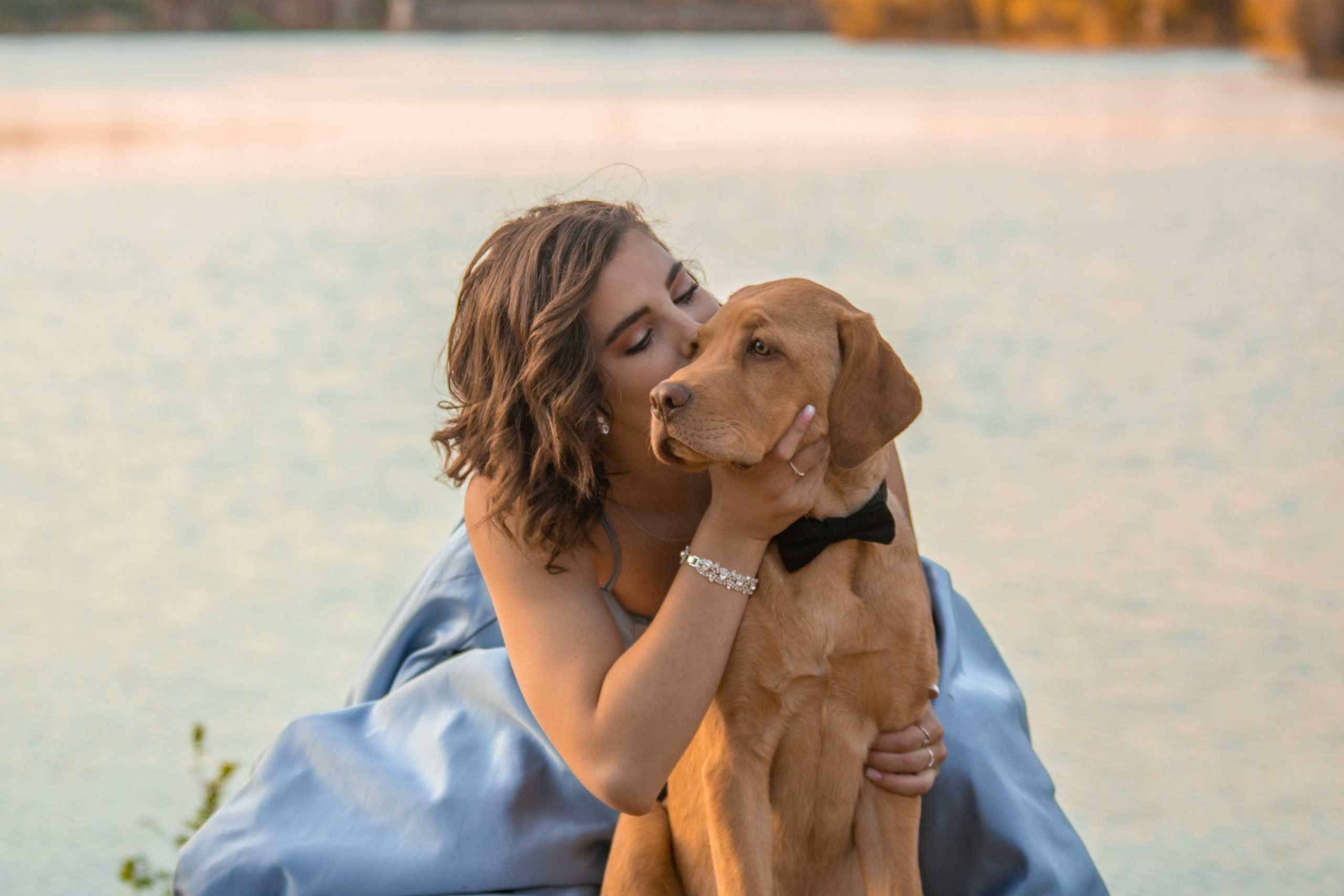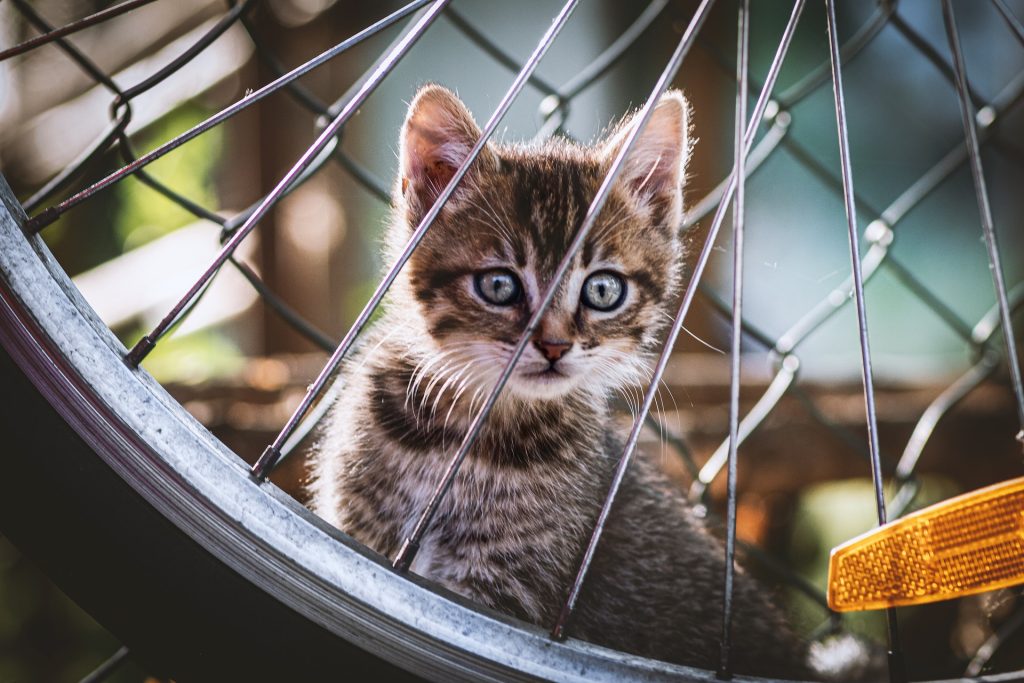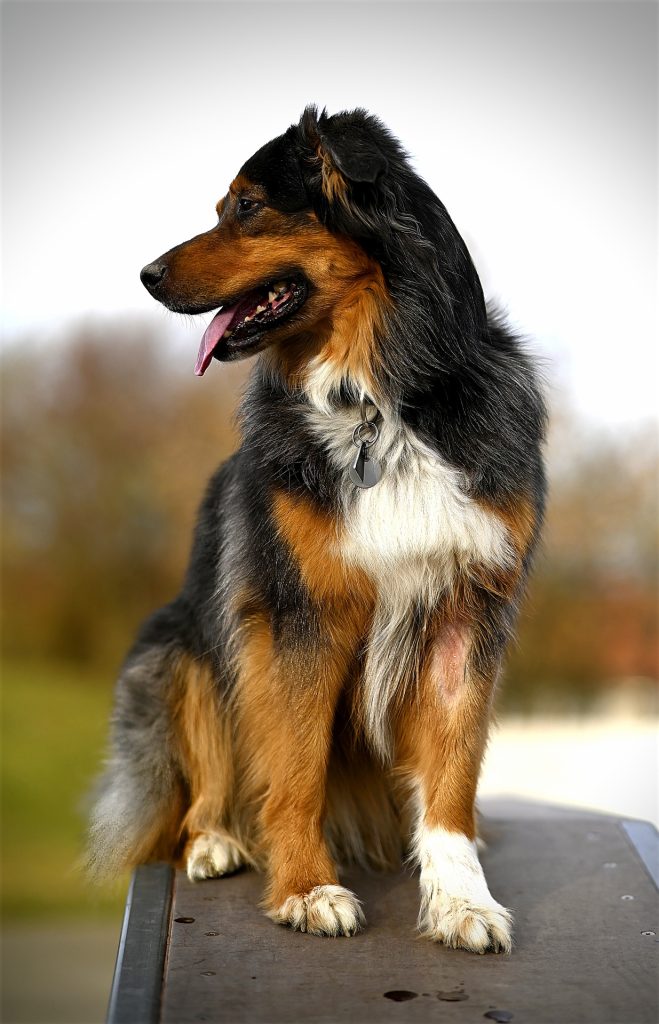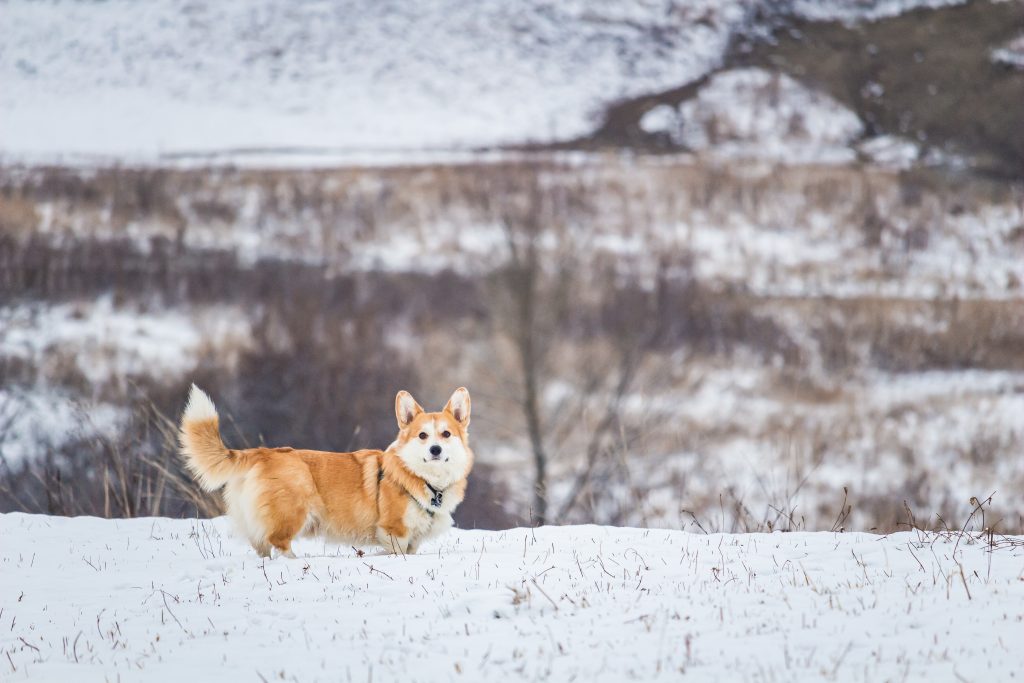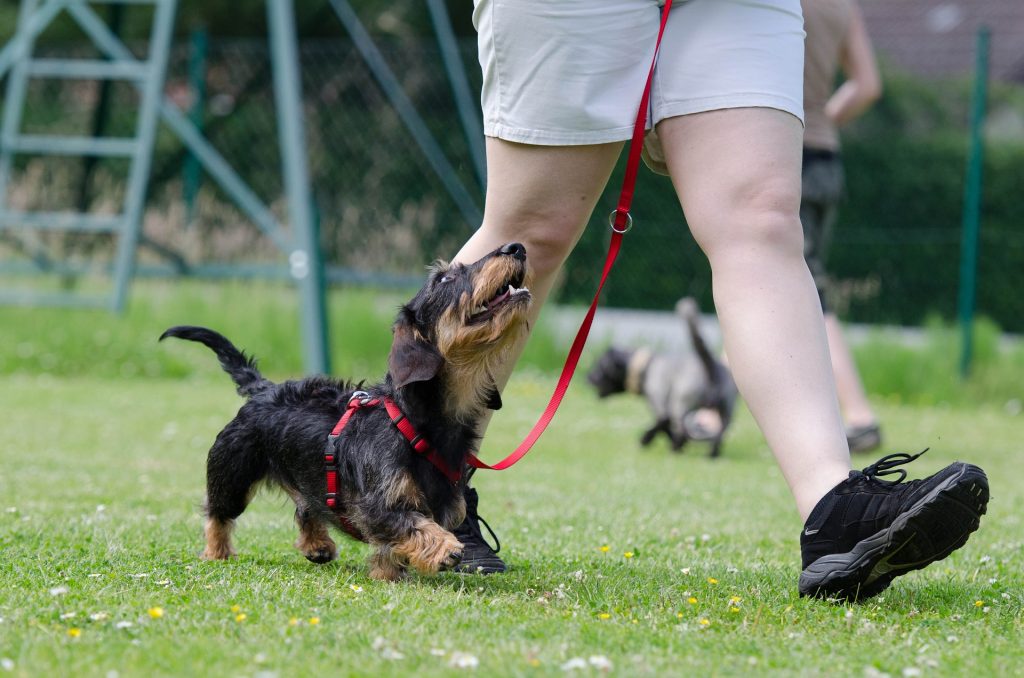
Online Vet in Tempe AZ
Say goodbye to long wait times and stressful emergency visits—now you can access personalized advice, tailored care suggestions, and quick responses for your beloved pets, right from your home! Connect with veterinarians who share your passion for animal care and well-being. Experience unparalleled convenience by reaching out to a dedicated animal health professional today!

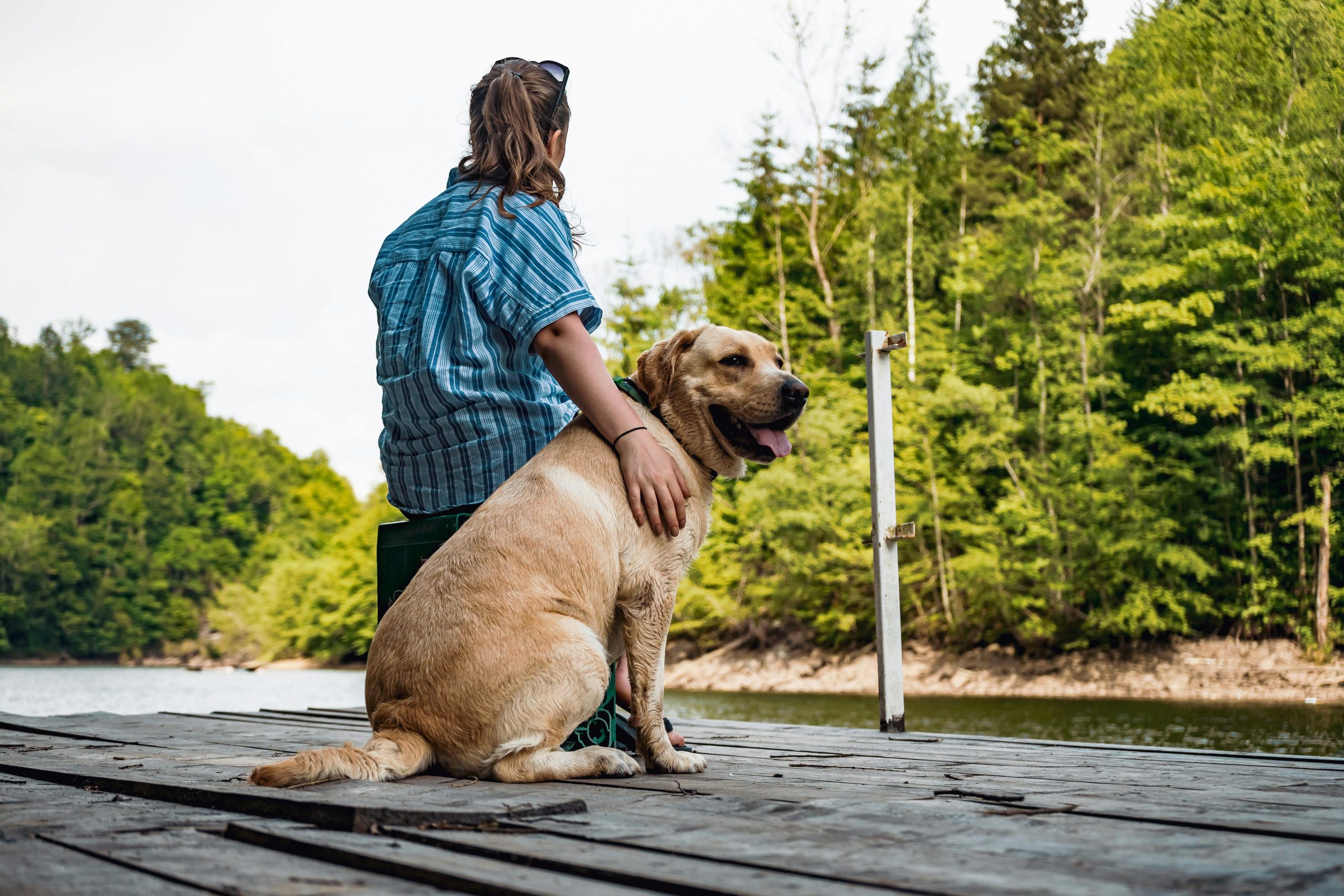
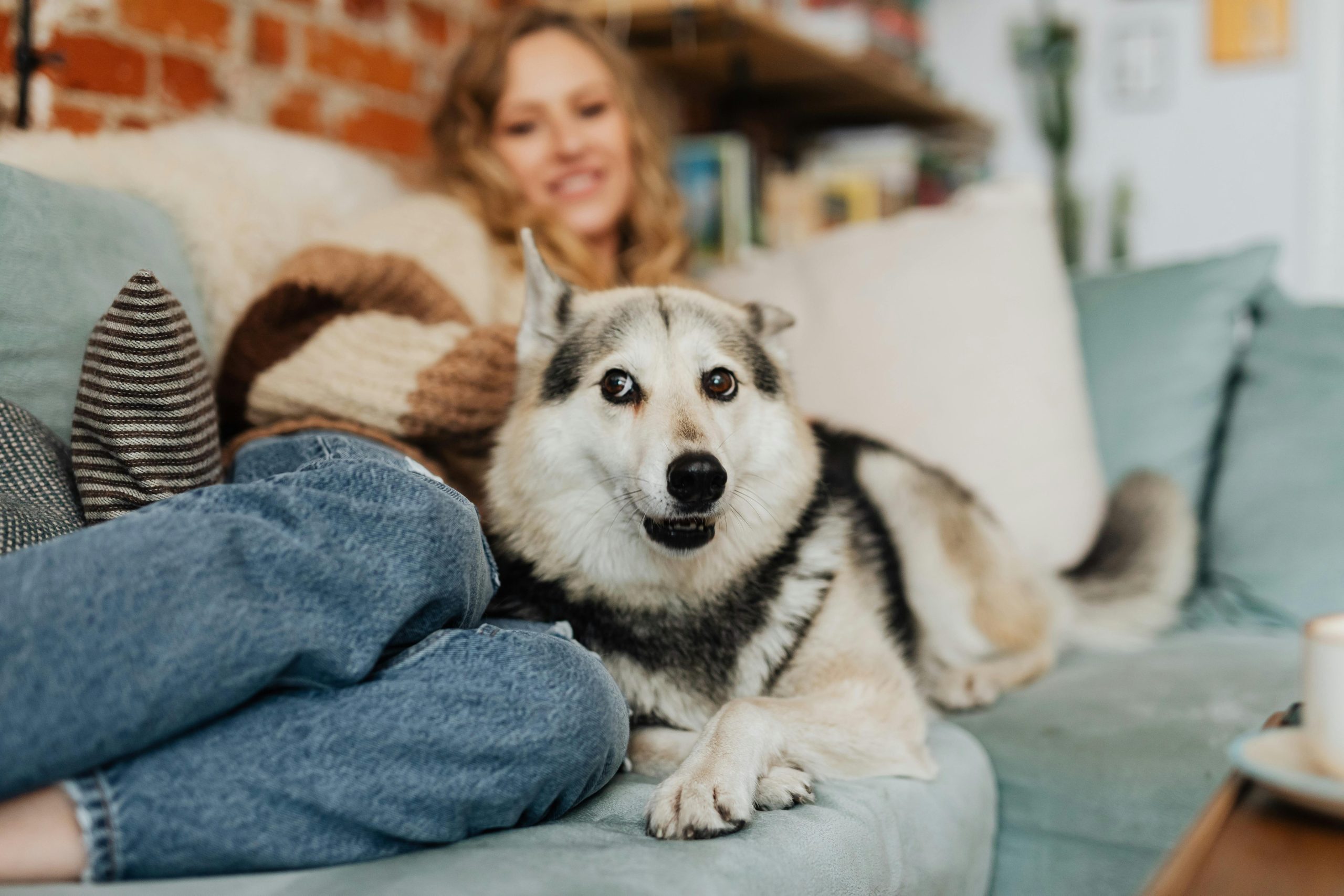
 Expert advice on healthcare, nutrition, behavior and all your pet needs!
Expert advice on healthcare, nutrition, behavior and all your pet needs! 